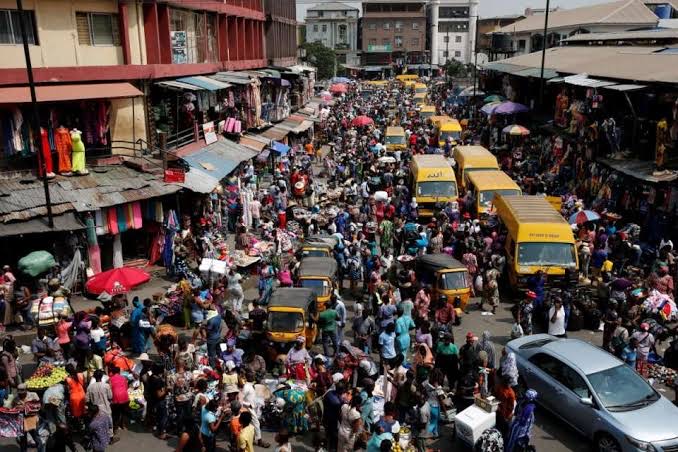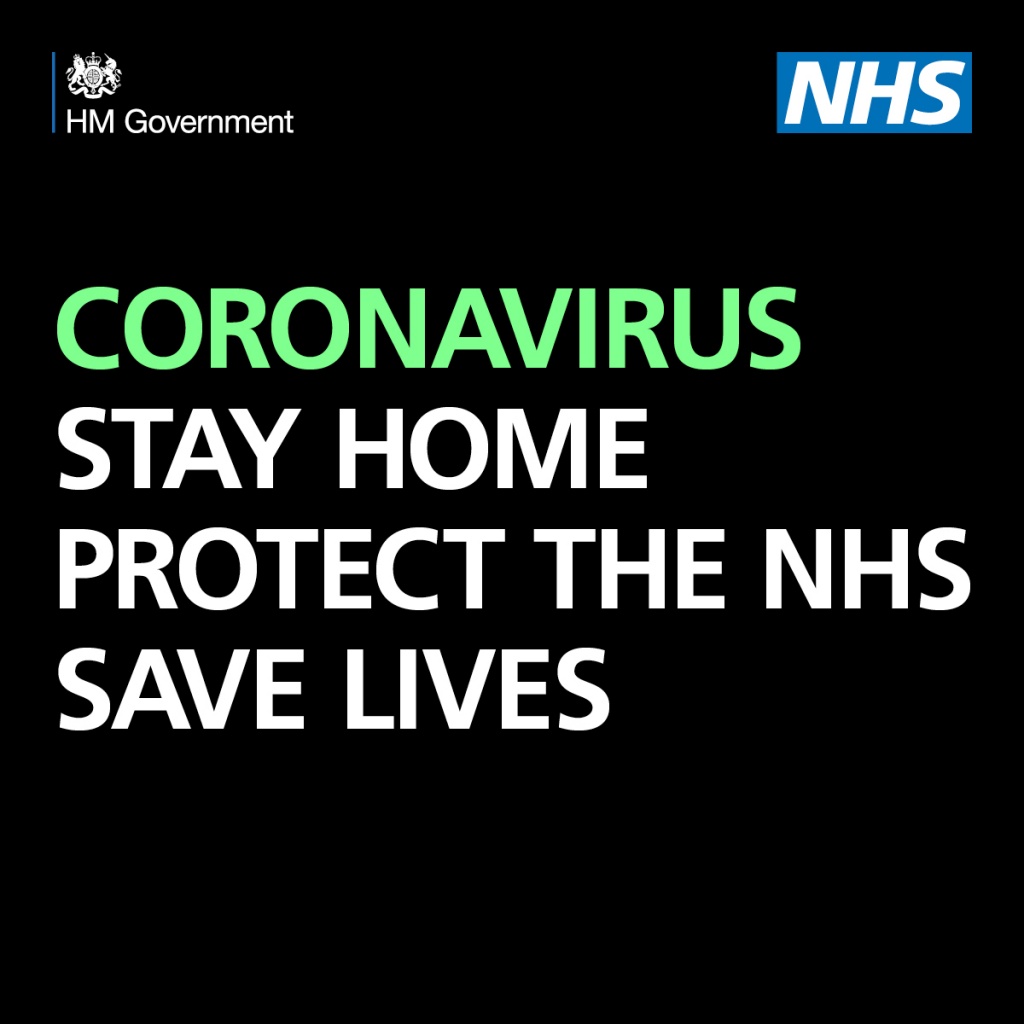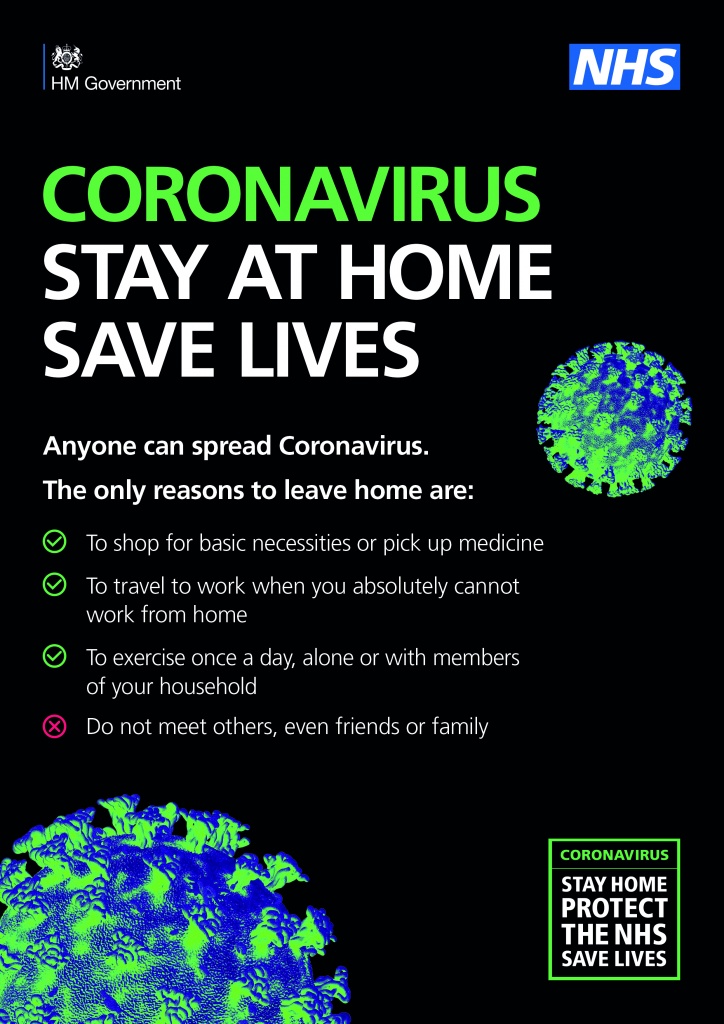
By Olakunle Agboola – The continued spread of COVID-19 has led to many governments around the world imposing national lockdown that has prevented residents from freely venturing outside to purchase anything asides from food items and other essentials, they are only permitted to visit medical facilities to check their Covid-19 status.
In Europe, America, Asia and Africa, social media and personal anecdotes have begun to fill up with stories of people who find themselves bored by the prospects of having to work from home, with little in the way of real-world entertainment. Shopping malls, restaurants, bars, nightclubs, and even parks has been shut down by government decrees as measures to prevent the further spread of the Coronavirus.
WHO describes social distancing as a set of non-pharmaceutical measures taken to prevent the spread of an infectious disease by maintaining a physical distance between people and reducing the number of times people come into close contact with each other.
Similarly, the Center for Disease Control and Prevention (CDC) explains social distancing to mean remaining out of congregate settings, avoiding mass gatherings, and maintaining physical distance of approximately 6 feet or 2 meters from others, when possible, to forestall the spread of communicable diseases such as COVID-19.
Covid-19 has invariably changed the face of Africa with measures taken to avoid the further spread of the virus. Social distancing has been said to be a very effective measure of controlling the spread of Coronavirus. This has generated a lot of concern for Africans as some have started to raise questions asking if social distancing is really effective with the spread of Coronavirus across the continent.
Tunde Edun, a social commentator from Lagos is much more concerned with the slow spread of the virus most especially in Lagos, the commercial hub of Nigeria.
“I don’t really think we are doing very well with social distancing measures most especially in Nigeria. Social distancing ought to be a very effective measure of reducing the spread in Nigeria, only if Nigerians can just take it seriously. Before the outbreak of the virus became a pandemic, quite a lot of people took it for a joke and this was how it started in Italy with people not strictly adhering to the lay down palliative remedies until the virus spread like a wild fire. I pray we don’t experience this in Nigeria.
On the other hand, I know how difficult social distancing might be and I can categorically tell you that a lot of Nigerians, most especially the illiterates are finding it difficult to come by. Some have even tagged Covid-19 as the disease of the rich and not the poor. Majority of transport workers or car drivers in Ibadan still carry two passengers in the front seat. “okada” riders still carry two passengers on their Motorbikes with no thought of social distancing. Also, a lot of markets in Nigeria are still crowded and you begin to wonder if Covid-19 really exists in Nigeria.
It might be a bit difficult to ask people to suddenly change social norms and habits that are so instinctive. However, social distancing is one of the proven measures to limit the spread of coronavirus, so we must learn to change our behaviour to save lives”.

Marvin Jones, a social worker in Accra, Ghana is of the opinion that there is a lot to step up in Ghana with social distancing measures to curtail the spread of the deadly virus branded, Covid-19.
“We closed schools but the school pupils and students are at home playing around, playing games such as football in the neighbourhood and streets which encourages crowding, making a joke of the primary reason for the closure. Many businesses remain in operation as if there is nothing at stake, promoting congregations that can be avoided. People are going around visiting friends and family members and making direct physical contact with one another without observing the recommended distance. I am still surprised at the slow spread of the virus across the country because by now Ghana ought to have been on fire.
It is obvious that we do not have limitless resources for testing, quarantine and personnel in Ghana and even a lot of African Countries. The kind of chaos, like we are seeing in Europe and America can be easily avoided, if we keep to social distance measures”
Ben Otan, a social commentator in South Africa is of the opinion that majority of Africans earn their daily keep from the informal service sector, particularly selling or providing manual labour. Hence social distancing measures might be very difficult to come by.
“Social distancing is not easy to adhere to as it has jeopardized the livelihoods of many poor people. Many are street vendors or workers who rely on a daily wage to make ends meet and cannot work from home – so they lose their income from one day to the next. About 80% of the population work in the informal sector — without contracts of any kind, let alone unemployment insurance or the possibility of continued salary payments if work suddenly dries up.
The idea is to restrict movement and limit the spread of the disease. ln my own opinion, I will suggest curfews and not total movement bans to enforce social distancing. We can reconfigure access to public spaces without a total lockdown. South Africa made multiple adjustments to its restrictions, which is the right attitude since the first iteration of such policy is never perfect. I will advice other African countries to think in that direction because Covid-19 will still be with us but we must be smart in our approach of curtailing the spread”.
Amidst social distancing measures in Africa, the virus has spread to dozens of countries within weeks. Governments and health authorities across the continent are striving to limit widespread infections, looking for more palliative measures to control the spread.
The Governor of Lagos State in Nigeria, Babajide Sanwo-Olu has confirmed the compulsory wearing of face masks in the state to further control the spread.
“Face masks help to protect us from droplets and secretions from coughing, sneezing, etc. as not everyone that is infected will show symptoms. Face masks, combined with frequent hand washing, being conscious about NOT touching our face, as well as social distancing are effective in slowing the spread”.
Also there is a need for more massive campaign or awareness in both rural and urban areas of Africa for people to know more about Coronavirus and its preventive measures. In longer term, governments, individuals, and NGO’s should support African societies to build up the preconditions needed to cope with pandemics — and to ensure decent living conditions for all.

Kindly follow us on twitter:@AfricanVoice2










